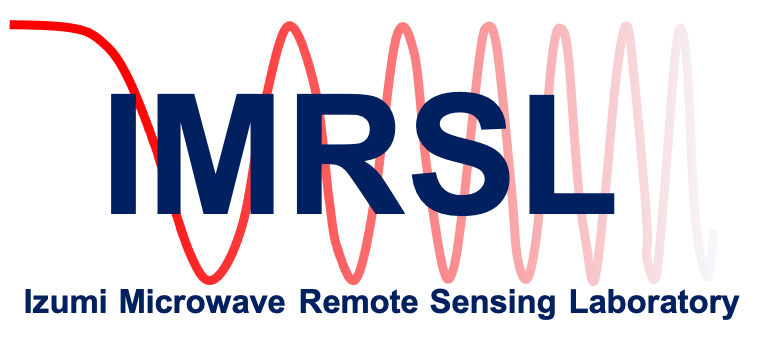Fathin Nurzaman, Yuta Izumi, Motoyuki Sato, Koki Urano, Shima Kawamura, Josaphat Tetuko Sri Sumantyo, Kaoru Ota, Mianxiong Dong, and Dudy D. Wijaya, “Practical APS Processing Chain of Ground-Based InSAR for Real-Time Landslide Monitoring by Introducing Weighted Estimation,” in IEEE Journal of Selected Topics in Applied Earth Observations and Remote Sensing, Early Access, Aug. 2025.
https://ieeexplore.ieee.org/abstract/document/11131656
Abstract
A processing chain for Ground-Based Synthetic Aperture Radar Interferometry (GB-InSAR) real-time monitoring has been proposed, addressing one of the key challenge: The often lack of a priori knowledge on the location of displacement. This would cause any displaced point to be included in the Atmospheric Phase Screen (APS) estimation step and potentially causing bias. The proposed method features the autonomous identification of the displaced points, and then appropriate weight values are assigned accordingly to minimize bias in the subsequent estimation. The real-time capability is also supported by the fully recursive technique and relatively low computational burden since the APS compensation method primarily relies on simple parameter estimation without the use of computationally expensive geostatistical modeling techniques that many have previously proposed to remove turbulence-induced heterogeneous APS. Analyses on the necessity of using such geostatistical modeling techniques, giving insight on when and why it should be implemented, have also been carried out.
A demonstration is performed using actual data from a GB-InSAR monitoring campaign that has been observing displaced houses in a residential area having a high risk of landslide. The proposed approach has shown its capability to significantly reduce the potential bias from a large displacement of hypothetical landslide scenarios, thus validating the effectiveness of the proposed approach.
